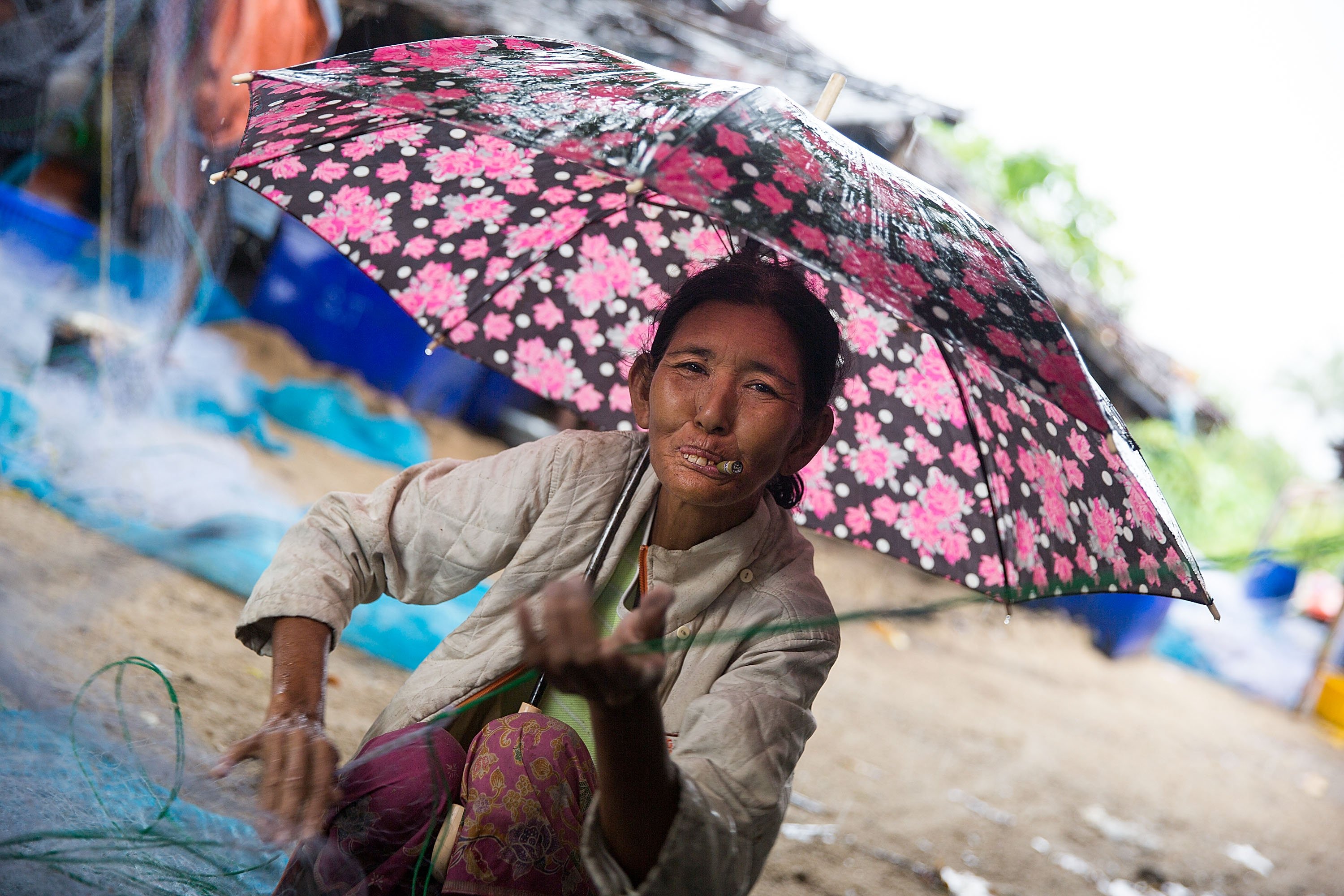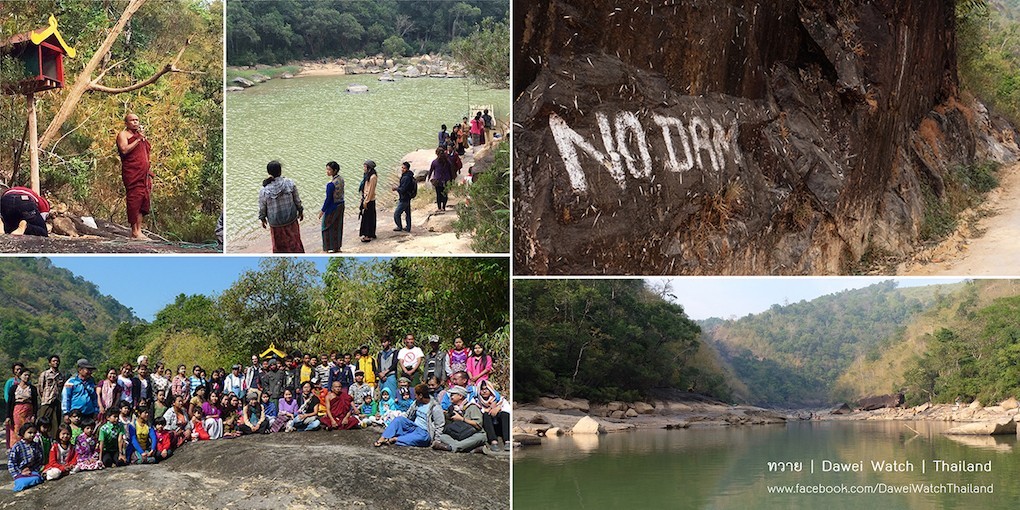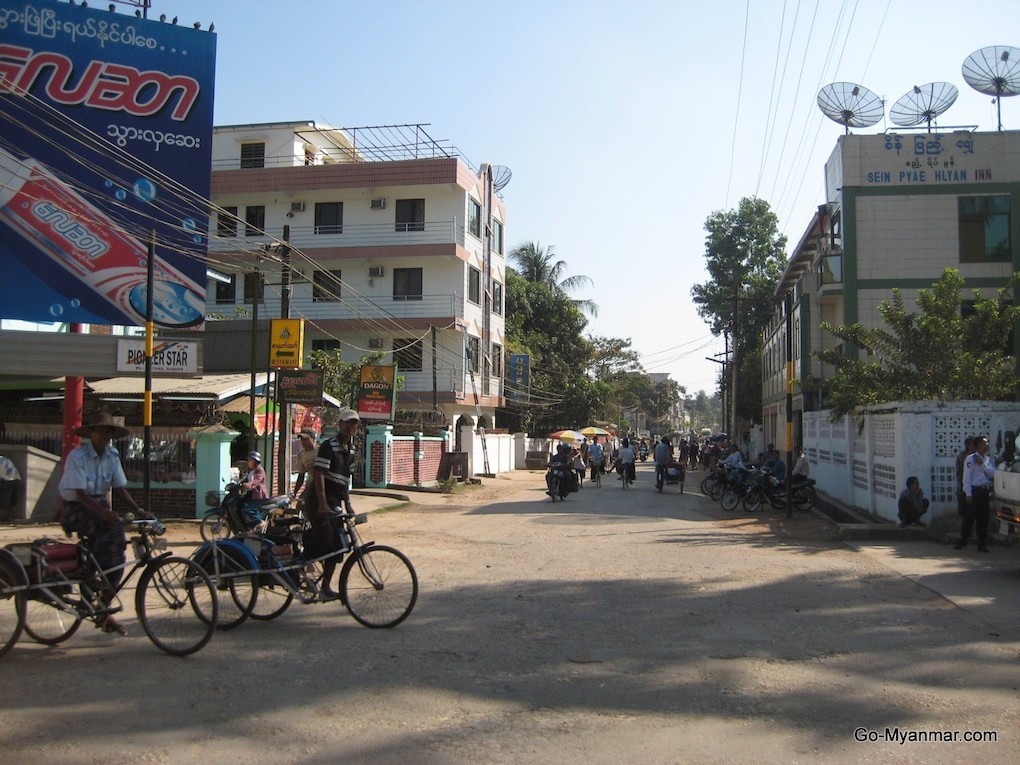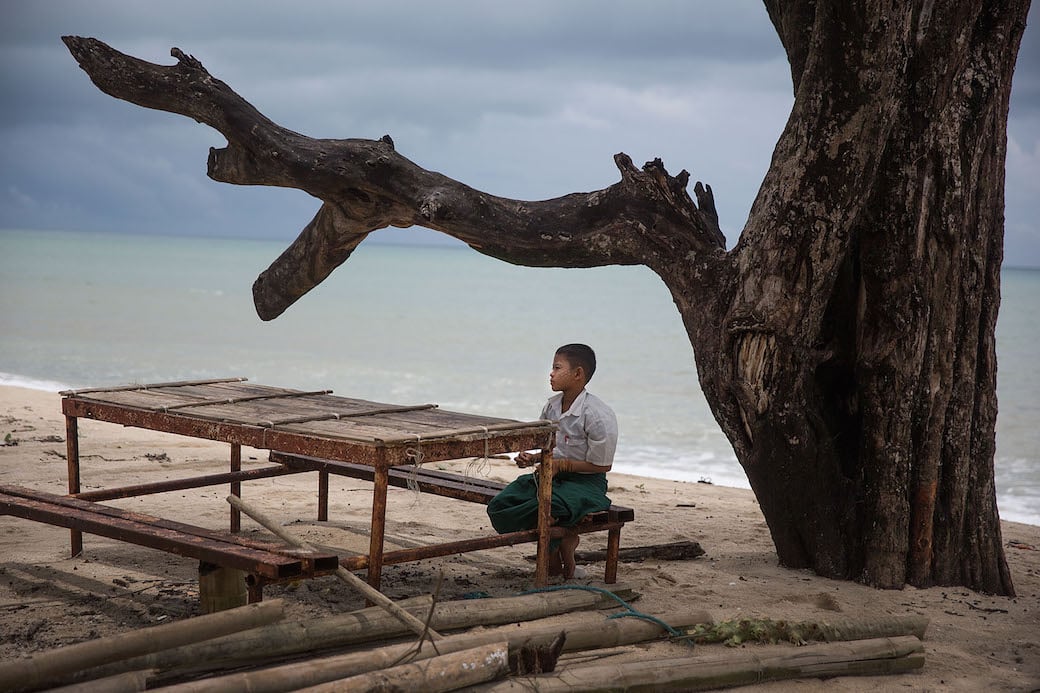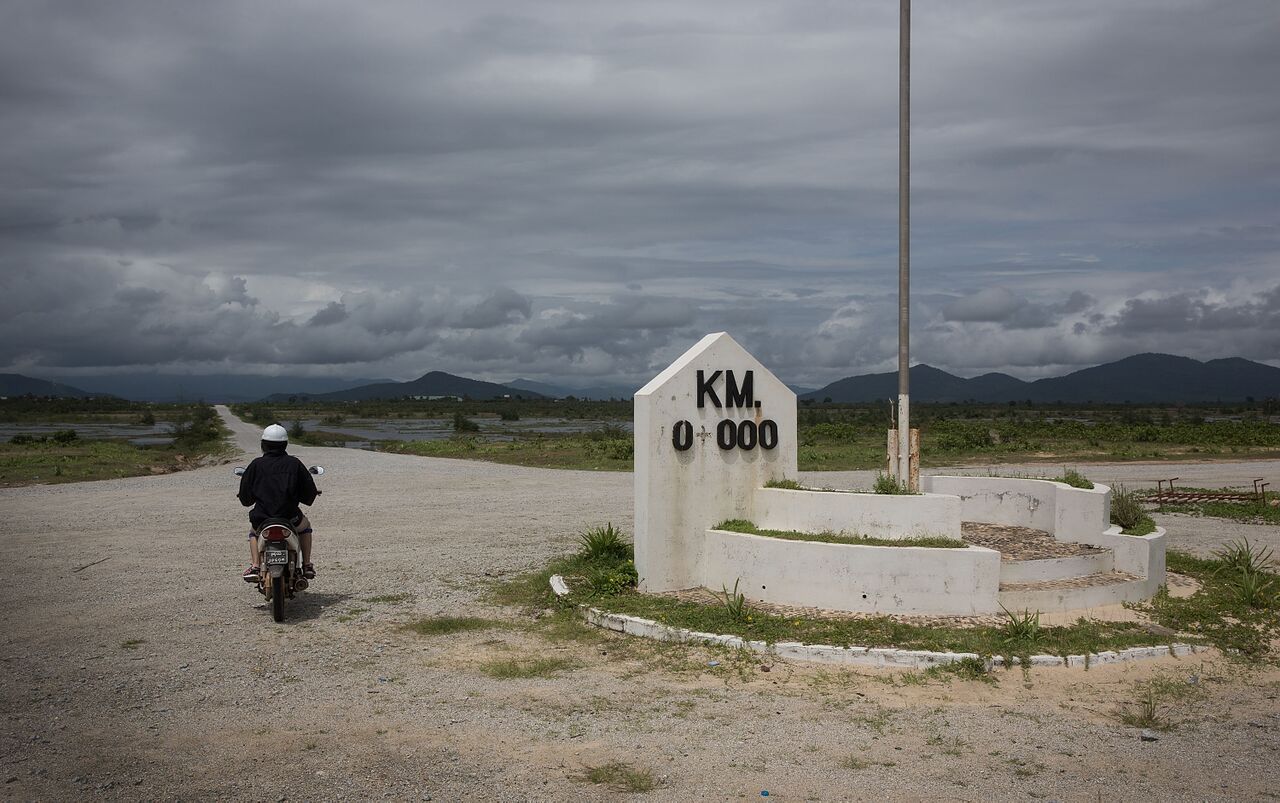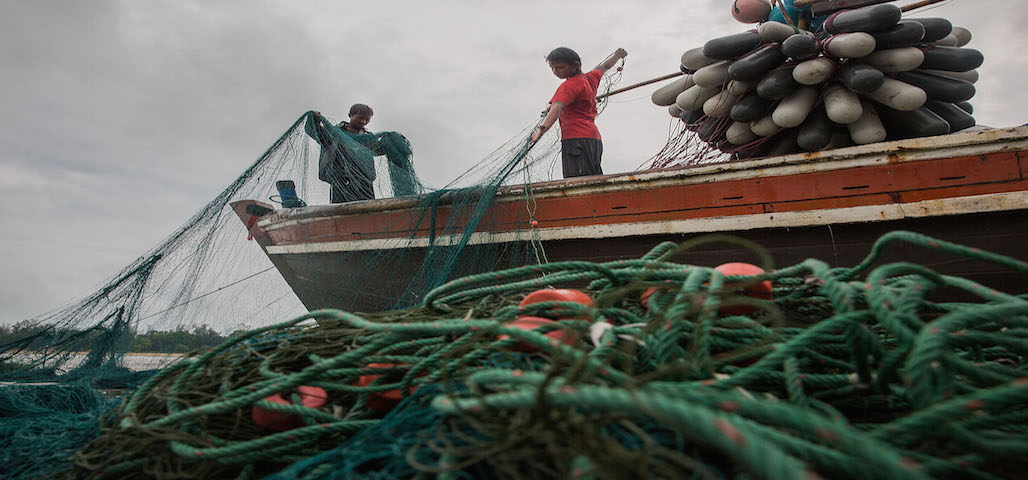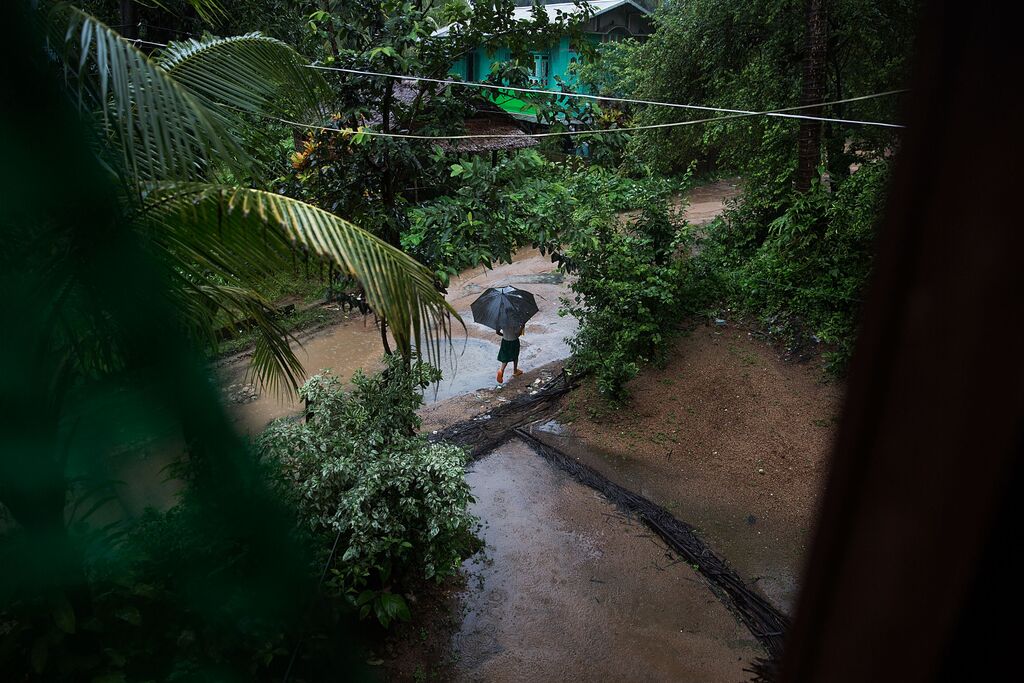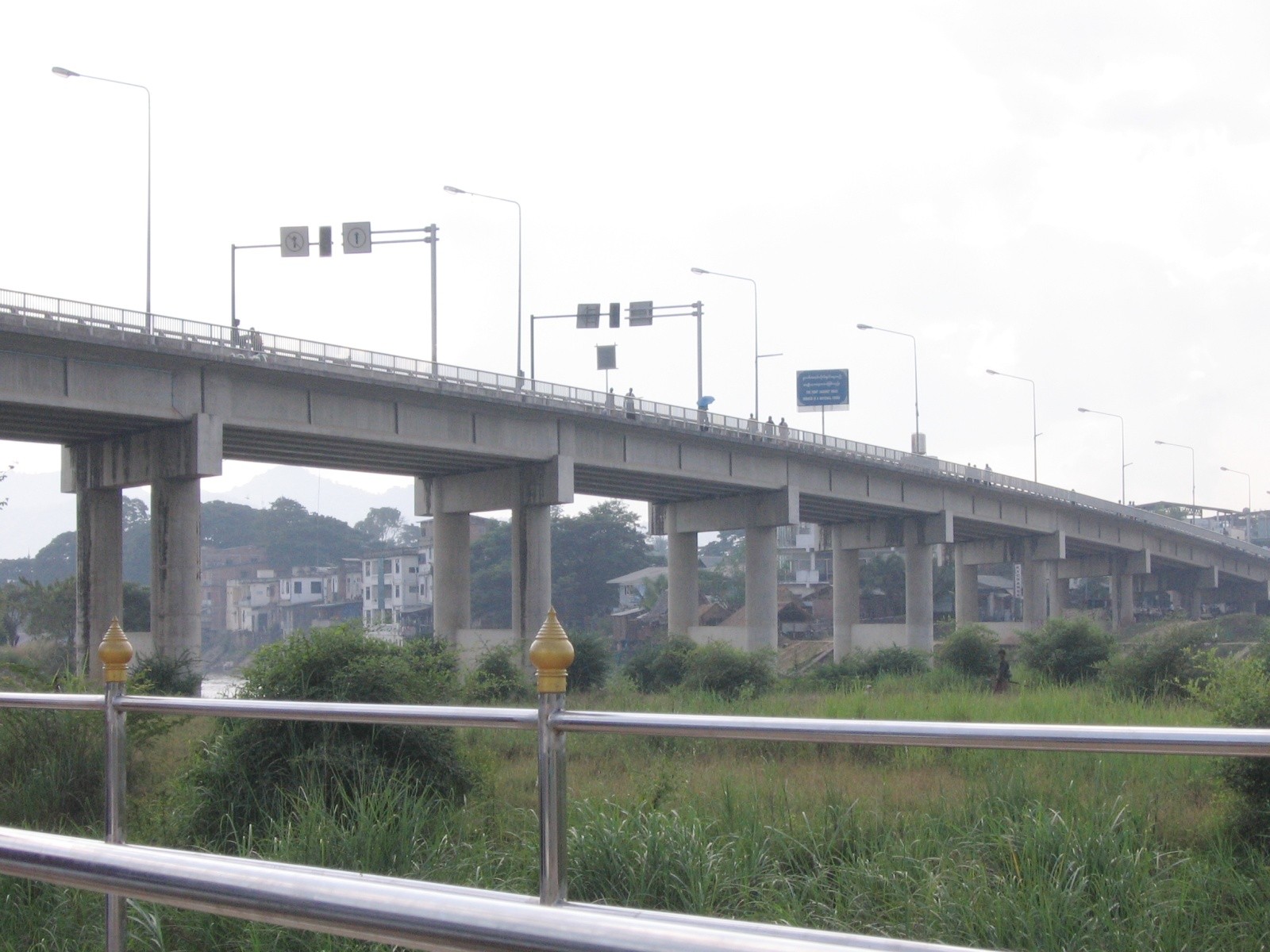At present, there is only a wide road and vast fields but the area will soon be a flourishing major economic hub for neighbouring countries including Thailand and Myanmar. It is the site of the Dawei deep-sea port, the largest in the country, with a project area spanning thousands of square kilometres.
Tag: Dawei
Dawei residents vow to fight special economic zone
More than 200 representatives from Kalonehtar village in Dawei organized a spiritual ceremony last week to symbolize their ongoing protest against the mega Dawei Special Economic Zone to be built under a joint venture deal between the Thai, Maymar and Japan governments. Under the current project plan about 1,000 villagers would be resettled to pave way for a reservoir to feed the new industry complex.
“We believe that we have the right to determine our own sustainable future on our native lands,’ they declared. “We, the Kalonehtar villagers, will not move from our native place and we will not accept any project that does not respect our right to Free, Prior and Informed Consent. We do not support any part of the Dawei SEZ project.”
Investors buy up Dawei real estate
The price of property in Dawei has risen beyond the reach of local residents as investors from overseas and Upper Myanmar buy up land in anticipation of a new special economic zone.
While the zone has been eight years in the making, there are still few signs of development on the ground. However, recent announcements that construction is moving ahead, combined with escalating conflict in the north of the country, has led to a rise in real estate investment in the area, local residents said.
Buying property in Tanintharyi Region is an “adventure for investors” they added, as township authorities have no specific land-use policies and land ownership documents are scarce. It is therefore hard to discover who owns the land, as sellers often do not transfer ownership in written form.
Faces of Dawei, Faces of Change
Dawei is a seaside community of less than 5,000 families, in one of the world’s least developed corners. Myanmar’s ever widening borders, however, have lured investments here on a scale beyond anything ever conceived within Southeast Asia.
The Dawei Special Economic Zone environs nearly 200 square kilometers of industrial development, a deepsea port and associated road, rail and pipeline links to neighboring Thailand and beyond.
Photojournalist Taylor Weidman captures the faces of Dawei as they they contemplate what lies ahead. Will their fisheries and betel nut farms still provide viable livelihoods? Will new jobs actually be available to them and their children or largely to higher skilled prospects from abroad? Will environmental controls be sufficient and sufficiently enforcement to protect the community, and the natural resources that now sustain it?
Japan raises stake in Dawei project
The Thai Cabinet today approved the proposed increase in Japan’s stake in the Dawei development project to 33.33 per cent. Under the Finance Ministry’s proposal, the stakes of Thailand and Myanmar will fall from 50:50 to 33.33 per cent. The investment remains capped at Bt100 million per each country.
Sansern Kaewkamnerd, the spokesperson of the Prime Minister’s Officer, said that the change followed Deputy Prime Minister Somkid Jatusripitak’s visit to Japan.
Transport Minister Arkhom Termpittayapaisith said that the three parties would meet on December 14 with the high-level working group and Dawei Development Co Ltd’s representatives.
Minister says Dawei SEZ ‘like renovating some parts of an old house in order to prevent it from collapsing’
The Dawei Special Economic Zone has been championed by both the Myanmar and Thai governments as a promising industrial development for Myanmar, yet there have been difficulties getting the project off the ground.
According to the agreement, the initial phase of the project must be carried out on the 7-square-kilometre land allotted for the special zone, and 65 percent of construction must be completed within three years from the signing date. In the meantime, Italian-Thai Development has been building infrastructure such as roads, bridges, water supplies and buildings.
As Dawei “initial phase” 65% complete, locals left in the dark
The Dawei Special Economic Zone (DSEZ) is a major industrial project and deep sea port now at an initial phase of construction located in Taninthayri Region, Myanmar. The original plan, led by the Thai construction company Ital-Thai since 2008, was for a US$ 50 billion project that entailed a 250 kilometer square industrial zone. However, by 2012 the project was in deep trouble as it failed to attract investment and was challenged by civil society groups concerned about impact on local livelihoods and the environment, as well as the overall decision-making process around the project.
Myanmar-Thailand road cuts through last wilderness
Across the open door of the immigration office, a black dog sleeps, his ears twitching. It is a slow day at the border, under the tropical afternoon sun.
Imagining Dawei
There is a lone white concrete marker at Dawei’s Kilometre Zero, where storms come ashore from the Andaman Sea and where the long, unpaved road to Thailand begins.
There is little now auguring that the white marker will one day be at the centre of Dawei special economic zone (SEZ), a mammoth project more than one-quarter the size of Singapore. In its entirety it will cost billions of dollars to build, potentially creating hundreds of thousands of jobs and generating up to 5 percent of Myanmar’s GDP.
Tak residents vow to fight relocation plans
Tak residents have refused to relocate after authorities declared state land in the province’s special economic zone (SEZ) must be taken back from encroachers to pave the way for new city planning projects.


